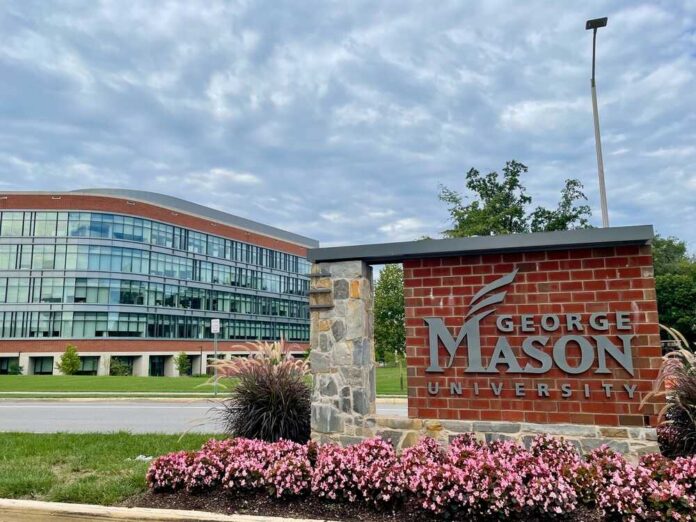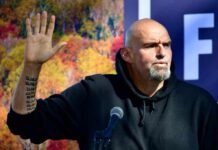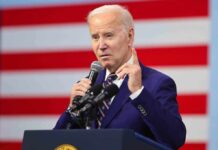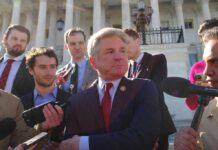
At George Mason University, a debate over free speech and intellectual diversity is unfolding as students petition to remove Virginia Gov. Glenn Youngkin (R) as the commencement speaker for the school’s May graduation ceremony. The petition, which has garnered over 5,300 signatures, accuses the governor of targeting historically marginalized communities through his policies.
Despite the pushback, George Mason University is committed to serving as a public forum, welcoming all Virginians, and providing an environment where opposing views can be expressed freely and respectfully. In addition, University President Gregory Washington praised Youngkin’s drive for lifelong learning and entrepreneurial mindset, emphasizing that these qualities are cultivated in all graduates.
Students are free to criticize any speaker. But you can't de-platform every person you disagree with in life.
They still have a lot to learn.https://t.co/qtfB7lAmRH
— Daniel Burnett (@Burnett18) March 28, 2023
The Foundation for Individual Rights and Expression (FIRE), a nonprofit group dedicated to protecting free speech on college campuses, has urged the students to engage with ideas they may disagree with rather than attempt to remove Youngkin as the commencement speaker. According to FIRE, disinviting speakers is censorship and antithetical to students’ intellectual development and the university’s mission.
It is worth noting that it is common for governors of both political parties to speak at the university’s commencement ceremonies. Youngkin will become the latest sitting Virginia governor to address George Mason graduates. The president of George Mason College Republicans, Joe Szymanski, expressed excitement about the opportunity to hear from the governor and disagreed with the characterization of Youngkin’s policies as discriminatory.
The controversy at George Mason is part of a broader national trend of universities becoming entangled in First Amendment debates. For example, earlier this month, Stanford University law students shouted down a conservative speaker, Fifth Circuit judge Kyle Duncan, prompting a series of protests.
In the spirit of fostering diversity, equity, and inclusion, educational institutions must create an environment where different ideas can be discussed and debated respectfully. By engaging with opposing viewpoints, students can better understand complex issues and better prepare for life after graduation.
As the largest four-year public university in Virginia, George Mason University has an opportunity to set an example for intellectual diversity and freedom of expression. By maintaining its commitment to providing a platform for speakers from both political parties, the university can strengthen its position as a hub for academic discourse and ensure that its graduates enter the workforce willing to engage with ideas they may disagree with.
The debate over Youngkin’s commencement speech at George Mason underscores the importance of promoting intellectual diversity and free speech on college campuses. By encouraging respectful engagement with opposing viewpoints, universities can cultivate well-rounded graduates better equipped to navigate the challenges of an increasingly complex world.



























